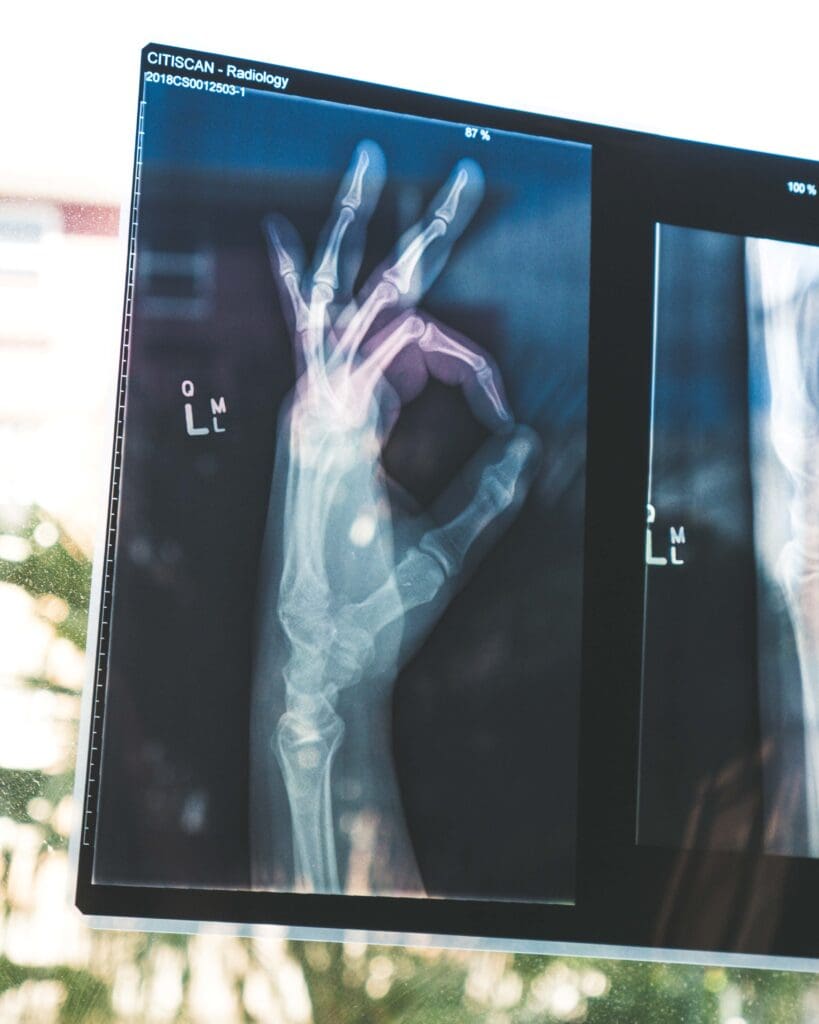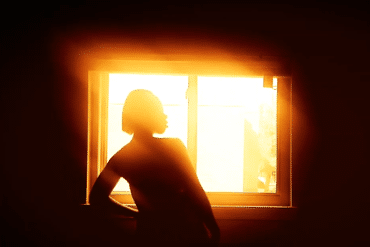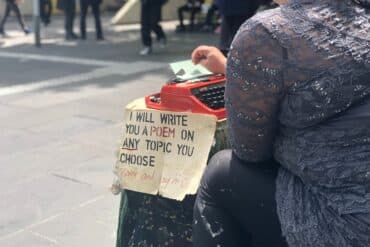Operating on the Funny Bone: Poems from a Heart Surgeon
Author’s Memo
The culture of medicine, a world of intense pressures, intimate moments, glorious triumphs, and horrific failures, has always been leavened with laughter. Humor, often of the dark variety, acts as a defense mechanism, a pressure release valve, a teaching tool. In my thirty-four years as a heart surgeon, I have used laughter for all these reasons and observed my colleagues doing the same. As a rule, we conceal quips and comic remarks of sometimes questionable taste from our patients, their families, and others outside our circle lest we come across as disrespectful or uncaring. But employed with discretion among medical professionals, black humor can ameliorate interpersonal, cultural, and class differences. It can alleviate anxiety and manage grief. It can permit transmission of important information that is difficult to express by other means. Think of it as surgery of the absurd, an operation on the funny bone.
Writing about medicine in a darkly humorous way has enhanced my ability to cope with the stress of a demanding medical practice. In this, I follow in the footsteps of literary physicians such as Anton Chekhov (whose humorous writings I considered somewhat neglected), William Carlos Williams, Mikhail Bulgakov, Abraham Verghese, and Richard Selzer. The poems in this submission peel back the curtain to expose laughter as employed in the often bewildering, often conflicted, world of medicine.

Samuel L. Jackson Pulls a Shift in the Intensive Care Unit at the Height of the Pandemic
motherfucker in Room Eleven
turning blue around the gills
intubate the motherfucker
ten more hours in my shift
turning blue around the edges
week old donuts in doctors’ lounge
nine more hours in my shift
can Dunkin make a ventilator?
doctors’ donuts down disposal
my home-made mask is one week old
can anyone make a ventilator?
I wonder if I can get the test
my home-made mask is one week old
starting to grow a greenish coating
I wonder if I fail the test
I wonder if I can smash my pager
Room Eleven’s started coding
left a list of next of kin
gave them the number of my pager
Jesus Christ I hope they lost it
don’t have time to call the kin
motherfucker in Room Eighteen
Jesus Christ he’s gonna lose it
intubate the motherfucker
Surgery Interns Know the Rules
never let anyone see
how scared you are
if anybody asks you if you’ve
done one of these before
you say yes I’ve done one
because no one wants
to take responsibility
for helping you do your first
but if you say you’ve done several
you might not get the help you need
never say oops
always say there
nobody grades you anymore
on a scale from A to F
henceforth those who judge your
performance do so on a spectrum
with Bugs Bunny at one end
and Elmer Fudd at the other
there’s one bad thing about
in house call every other night–
you miss half the good stuff
some of your mentors operate
at the speed of light
others at the speed of dark
you can do nothing about this
if you need help managing a sick patient
calling someone more experienced–
a senior resident, an attending–
will always be regarded
as a sign of weakness
the only clue the patient has
about the quality of the surgery
is how well you closed the skin
The Anatomy Lesson of Dr. Nicolaes Tulp
On an unseasonably warm day in January of 1632
Aris Kindt made his dramatic debut before
a capacity crowd at the Waaggebouw in Amsterdam.
Hanged only a few hours earlier for petty thievery
Kindt’s youth and absence of obvious pathology
made him perfect to be cast as the lead.
Nobody else auditioned.
Directed by Dr. Nicolaes Tulp, doyen of Anatomy,
whose cadaveric dissections had become an annual
spectacle, Kindt offered a unique interpretation of the role.
Instead of the traditional abdominal opening
for extraction of the gastrointestinal system,
Kindt’s dismemberment began with the limbs.
Tulp’s production proved a great success with
both the Guild of Surgeons, members of which
crowded closely to observe the anatomic minutiae,
and with the paying customers, members of the
aristocracy and the mercantile elite, proud of
their city’s claim to world leadership in
advancing from the Dark Ages into a new
era of Light.
So pleased was Tulp by the performance
and by the attentive sketches Rembrandt
made during the show that he never noticed
the old master’s mistake in the final painting,
incorrectly portraying the dissected left hand
as possessing the anatomy of the right.
Or did Rembrandt truly nod?
Art historians speculate that
this discrepancy may have been intentional,
Rembrandt’s silent protest to show his abhorrence of the
annihilation of Aris Kindt?
The banquet that followed was said
to be most felicitous as well.
History does not record
who carved the roast.
Operating Theater
When I give the order to start the pump, and the maimed
heart muscle collapses like the rotten rubber of a busted out two-ply tire,
I face the possibility that my meager vein grafts won’t get this patient
out of the room alive. He could die on the table, right in front of me.
Or he might succumb later tonight, following a brief struggle. Or
linger a few days more, until my siege of drugs and machines
and consultant opinions prove futile. The answers must
await the climax of the operation and the denouement.
When I think about this stage, these special effects,
and the remote possibility of a happy ending,
I wonder why it took me so long to grasp the
meaning of the words Operating Theater.
In this drama I play two roles,
protagonist and spectator,
actor who does not
know the ending,
audience member
who cannot find
the exit.
Doctors Are Passing from Our Lives
After Phillip Levine
When the administrator threatens our group
saying that our RVUs have fallen,
I riff on possible meanings of
the words Relative Value Unit.
Would it please him if I induced my cousin
and closest Relative, to come here for care?
His Medicaid wouldn’t pay us shit,
but his complicated cirrhosis would generate a ton of RVUs.
As for Units, singularities, individual things,
we got that aced. One-of-a-kinds in this practice–
the unique, the sui generis, the once-in-a-lifetime–
are common as pennies.
Which leaves us with Value.
The regard we hold for something, its monetary worth,
perhaps its comparative worth relative to . . .
relative to . . . the price previously stated.
My colleagues start wadding their panties,
taking the administrator’s implied threat more seriously than I.
They propose remedies ranging from advertising
to working longer hours to better parking
to merging with another group
to working longer hours
to shortening the time we spend with patients
to working longer hours.
The administrator believes we’ll let him curl his claws
into our nostrils, carry us on his hip
like bowling balls, and send our heads
spinning down the lane. No. Not this doc.
After Today
After today, one of my partners asks me,
what are you going to do? He means,
what am I going to do in retirement
after 34 years, and I answer
“Something worthwhile. Just for a change.”
He laughs, but that’s a question for tomorrow.
Today, I consider how I got it wrong.
I thought I spent all those years holding
those hearts in my hands. But it was
those hearts holding on to me.
Today, for the final time, I don
blue-gray scrubs, sun-bright headlight,
three-point-five power optical loupes,
comfy sneakers consecrated by the
blood of thousands of patients and
permanently stained despite countless washings.
Today, I enter the operating room where
my scrub tech has opened her trays and aligned my tools
like knights on horseback ready to lay siege–
scalpels and rongeurs, scissors and trochars,
needles and lancets and osteotomes,
instruments machined from nickel and steel and titanium,
chrome and copper and lead–all the precious metals–
each instrument imparting its unique gratification when I grasp it,
when I touch it to the patient’s heart.
Today, I await the arrival of my last patient,
who will lie on my operating table,
this marvel of ergonomic perfection
that adjusts smoothly, remains immobile,
and resists vibration when someone bangs into it.
After today, if I show up
in this room again,
I will be the one lying on this table.
Credits
Featured image by Luca Upper for Unsplash
Photo by Owen Beard for Unsplash
Learn More
New to autoethnography? Visit What Is Autoethnography? How Can I Learn More? to learn about autoethnographic writing and expressive arts. Interested in contributing? Then, view our editorial board’s What Do Editors Look for When Reviewing Evocative Autoethnographic Work?. Accordingly, check out our Submissions page. View Our Team in order to learn about our editorial board. Please see our Work with Us page to learn about volunteering at The AutoEthnographer. Visit Scholarships to learn about our annual student scholarship competition.
Flavian Mark Lupinetti is a New Mexico poet, fiction writer, and cardiac surgeon. His work has appeared in About Place, Cutthroat, december, Feral, Sport Literate, and ZYZZYVA.









